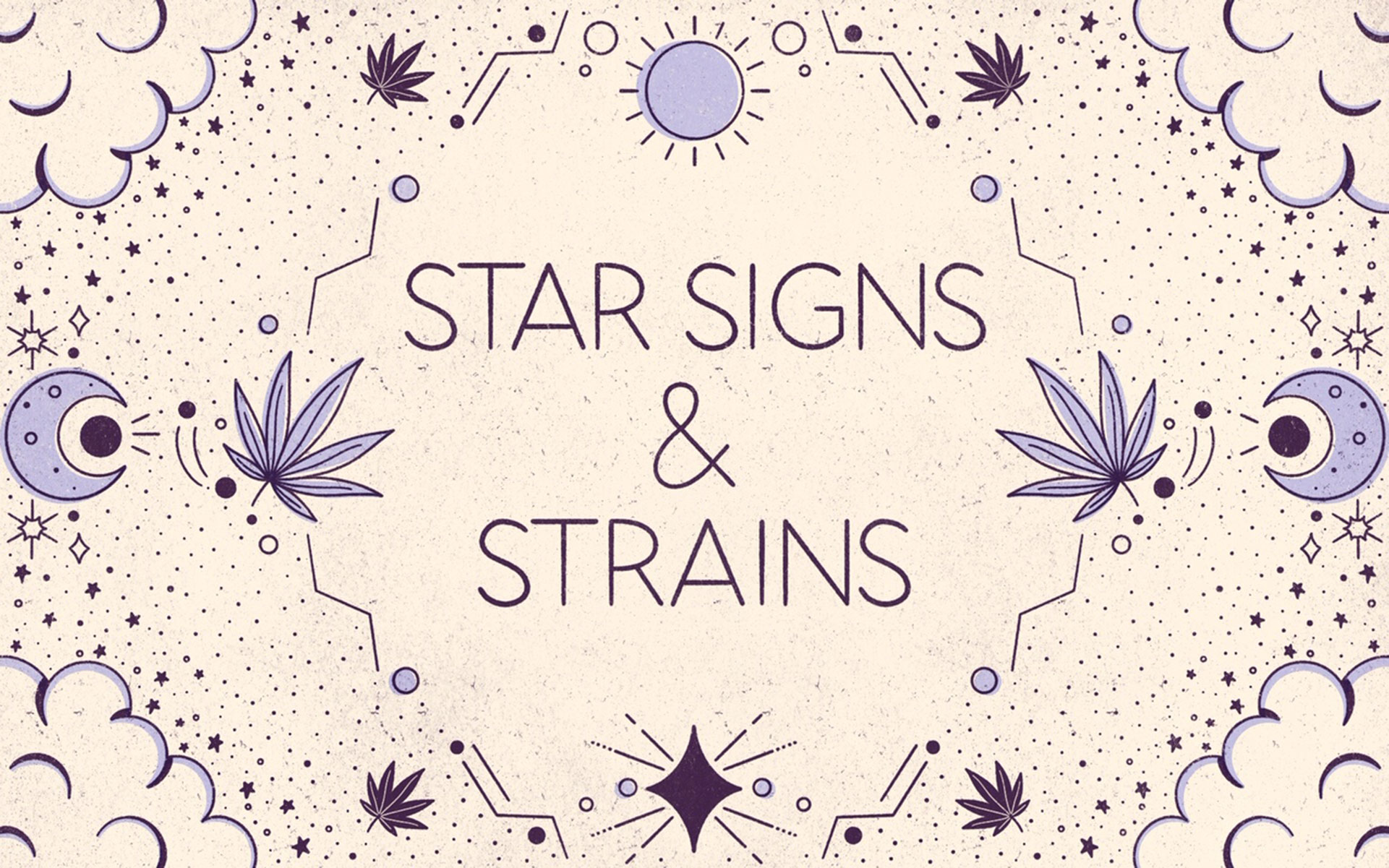[ad_1]
(This story is part of the cover package for the February issue of Marijuana Business Magazine.)
Product-liability cases are among the most damaging lawsuits a business can face.
The cases – often involving a defective product that causes injury or even death – can be time-consuming and costly. They also can tarnish a brand’s reputation.
Yet many marijuana businesses don’t take this threat as seriously as they should, experts said.
Marijuana businesses “have not given the forethought to the product-liability issue that you might see in more mature industries,” said Jesse Alderman, co-chair of the cannabis practice at Foley Hoag, an international law firm based in Boston.
Product-liability law is a subset of injury law that deals with who should be responsible for defective or dangerous products. There is no federal product-liability law.
Instead, product-liability claims are usually based on state laws and “brought under the theories of negligence, strict liability or breach of warranty,” according to FindLaw.com, a provider of online legal information.
Legal experts generally identify three types of product defects for which businesses can be held liable: design, manufacturing and marketing.
Liability for a product with defects or dangers can potentially be tied to any business involved in the supply chain—from designers and developers to manufacturers, distributors, retailers and others.
For the marijuana industry, the supply chain can include:
- Ancillary businesses that create inputs for or support cultivators, such as nutrient or irrigation companies.
- Businesses that create and manufacture infused products and concentrates.
- Companies that produce and sell ingredients for manufacturers of infused products and concentrates, such as businesses involved in emulsions or fast-onset technology.
- Businesses that develop, make and sell delivery devices, such as vape pens or inhalers.
- Packaging companies.
- Testing laboratories.
Production standards
The easiest way to avoid product-liability lawsuits, of course, is to design and produce merchandise that meets or exceeds your state’s cannabis compliance standards.
That means ensuring you’ve designed and manufactured your products in compliance with state or international standards. And it means vetting partners who supply inputs or delivery devices—such as vaporizers—to ensure their products comply with generally accepted standards.
Examples include:
Cultivators: Growers should ensure nutrient mixes, soils, pest-control products and other supplies are safe for their plants and products. Cultivators also should make sure their cannabis is contaminant-free—not only when it leaves their facilities but also when it arrives on retail shelves and is used by consumers.
Manufacturers: Edibles makers should regularly vet suppliers of biomass, chocolate, emulsion formulas and other ingredients to ensure they are safe. Manufacturers also should test their products to ensure they are contaminant-free, their potencies are accurate and the product is formulated in a way that THC and other cannabinoids are evenly distributed throughout.
Retailers: Store operators should vet product suppliers and ensure that merchandise such as vapes and edibles have testing certificates. Vetting also should involve reviewing a supplier’s history and checking its reputation with other retailers.
While a number of cannabis businesses continue to cut corners when overseeing their supply chains, the industry overall has improved in this regard, Alderman said. “As the industry matures and consolidates, as folks become more sophisticated, I suspect there will be a greater level of diligence in a company really investigating its supply chain, the practices of its suppliers, the sourcing of its raw materials and the like,” he said.
Claims and disclaimers
More common mistakes that expose cannabis businesses to product-liability lawsuits have to do with false or misleading statements or inaccurate labeling. These include health claims made on websites, in advertisements or on labels. (See “Staying on the Right Side of Regulators.”)
A simple and relatively inexpensive way to reduce your risk is to draft disclaimers, which can be placed on websites, labels and in advertisements. The disclaimers can be as generic as, “This product contains THC.” Common disclaimers found on dispensary websites and cannabis products include: “There may be heath risks associated with consumption of this product,” and “Not safe for children.”
“It could go a long way for people to acknowledge some of the inherent safety risks and to disclaim them,” Alderman said. “Disclaimers are an easy step to take that give you lots of protection. It’s a common practice that in certain circumstances can be helpful.”
Insurance as a backstop
No matter the precautions that businesses take against product-liability lawsuits, it’s impossible to guarantee they won’t be a defendant in one. For that reason, it’s imperative that marijuana businesses get product-liability insurance, experts said.
Yet, while insurers offer more access to marijuana businesses than banks and other financial institutions provide, cannabis policies do have pitfalls. Many insurers that offer cannabis companies policies provide subpar service or often don’t pay out claims, thereby undermining the trust the marijuana industry has in the insurance industry, according to Rachel Gillette, partner and chair of the cannabis law practice at Greenspoon Marder in Denver.
“Marijuana businesses feel like they haven’t been served right,” Gillette said. “However, the quality of insurance service providers has gone up exponentially.”
When buying product-liability insurance, don’t skimp on coverage. Get the most coverage that you can afford, attorneys advised. If a company’s product-liability insurance policy covers $1 million but the business is on the losing side of a $2 million settlement, the firm remains liable for the $1 million shortfall.
And if an insurance company refuses to pay a claim, should a cannabis company challenge that refusal? Many cannabis companies fear that insurers feel more comfortable evading claims because of marijuana’s federally illegal status.
Whether a marijuana company should challenge an insurer depends on the individual case, Gillette said. How big is the outstanding claim in relation to the cost it would take to recover the unpaid amount? Is the claim so small that it’s not worth the time and resources? Or is it sufficiently big enough that it’s worth pursuing? And what are the chances of success?
Unfortunately for cannabis companies, the case history on such matters is lacking.
“Insurance is still relatively new to cannabis businesses. There’s still not a breadth of litigation to know on what marijuana businesses can push back on,” Gillette said.
NEXT: Staying on the Right Side of Regulators
ALSO:
[ad_2]
Source link
Medical Disclaimer:
The information provided in these blog posts is intended for general informational and educational purposes only. It is not a substitute for professional medical advice, diagnosis, or treatment. Always seek the advice of your physician or other qualified healthcare provider with any questions you may have regarding a medical condition. The use of any information provided in these blog posts is solely at your own risk. The authors and the website do not recommend or endorse any specific products, treatments, or procedures mentioned. Reliance on any information in these blog posts is solely at your own discretion.







